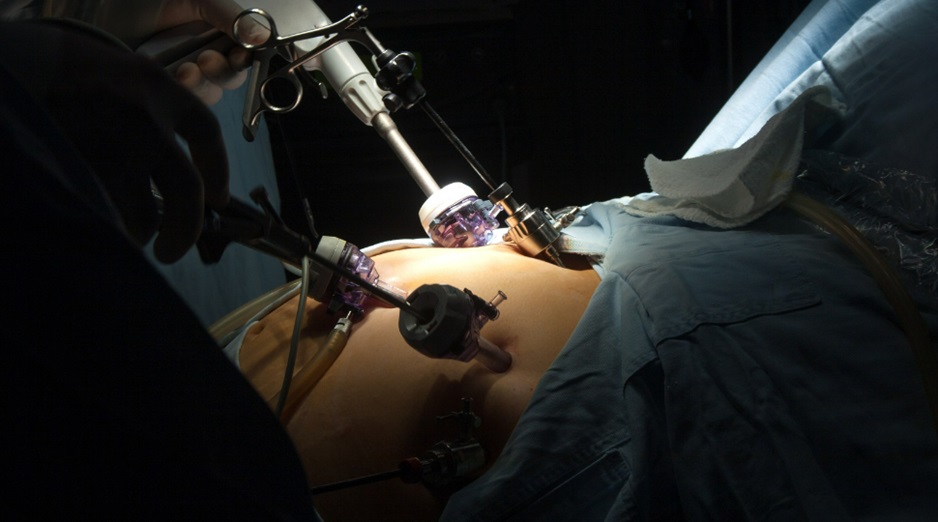
Common Myths and Misconceptions About Gastric Sleeve Surgery
Gastric sleeve surgery, also known as sleeve gastrectomy, has become a popular bariatric procedure for those seeking significant weight loss. However, numerous myths and misconceptions often surround this effective treatment. Understanding the facts can help individuals make informed decisions about their health and weight loss journey. One common area of interest is understanding the gastric sleeve in Baltimore and its true impact on one’s lifestyle and health.
Myth 1: Gastric Sleeve Surgery is the Easy Way Out
Many people wrongly believe that opting for gastric sleeve surgery is a shortcut to weight loss. In reality, this procedure requires considerable commitment and lifestyle change. It’s not just a medical fix but a tool that helps facilitate weight loss when combined with a balanced diet and regular exercise. The success of the surgery heavily relies on a patient’s willingness to adopt healthier habits.
Myth 2: The Surgery is Extremely Dangerous
While all surgeries carry some risk, gastric sleeve surgery is considered relatively safe, especially when performed by a skilled surgeon. Technological advancements and refined surgical techniques have significantly reduced the risks associated with the procedure. It’s always important to discuss any concerns with a healthcare provider to understand the specific risks and benefits.
Myth 3: Gastric Sleeve Surgery Is Only for the Morbidly Obese
Although gastric sleeve surgery is often recommended for those with a Body Mass Index (BMI) exceeding 40 or over 35 accompanied by obesity-related health conditions, it can also be beneficial for others under specific medical guidelines. Obesity impacts individuals differently, and the decision to undergo surgery should be personalized and discussed thoroughly with a healthcare provider.
Misconception 1: Eating Habits Remain Unchanged
A common misconception is that patients can continue their pre-surgery eating habits without any modifications. Post-surgery, patients must adhere to a new dietary regimen that includes smaller, nutrient-dense meals. The procedure reduces stomach size, which means one feels full sooner, necessitating a diet rich in vitamins, minerals, and protein to ensure proper nutrition. For more detailed insights on dietary changes, this resource can be very helpful.
Misconception 2: Weight Loss Will Happen Automatically
Contrary to what some may believe, gastric sleeve surgery is not an automatic weight-loss solution. Patients must commit to an active lifestyle post-surgery. Regular exercise and mindful eating are crucial to achieving and maintaining weight loss. The surgery provides a helping hand, but the effort must come from the individual.
Misconception 3: The Surgery Leads to Nutritional Deficiencies
While it’s true that reducing the stomach size can impact nutrient absorption, this can be managed effectively with proper guidance. Patients are usually advised to take vitamin and mineral supplements to counteract potential deficiencies. Regular follow-ups with a nutritionist or a healthcare provider can ensure that any nutritional gaps are promptly addressed, helping maintain overall health.
Conclusion
Dispelling myths and misconceptions about gastric sleeve surgery is crucial for those considering this weight-loss option. It’s important to consult with healthcare providers and collect all pertinent information prior to finalizing a decision. Awareness of the realities of gastric sleeve surgery can lead to better preparedness and successful health outcomes.
